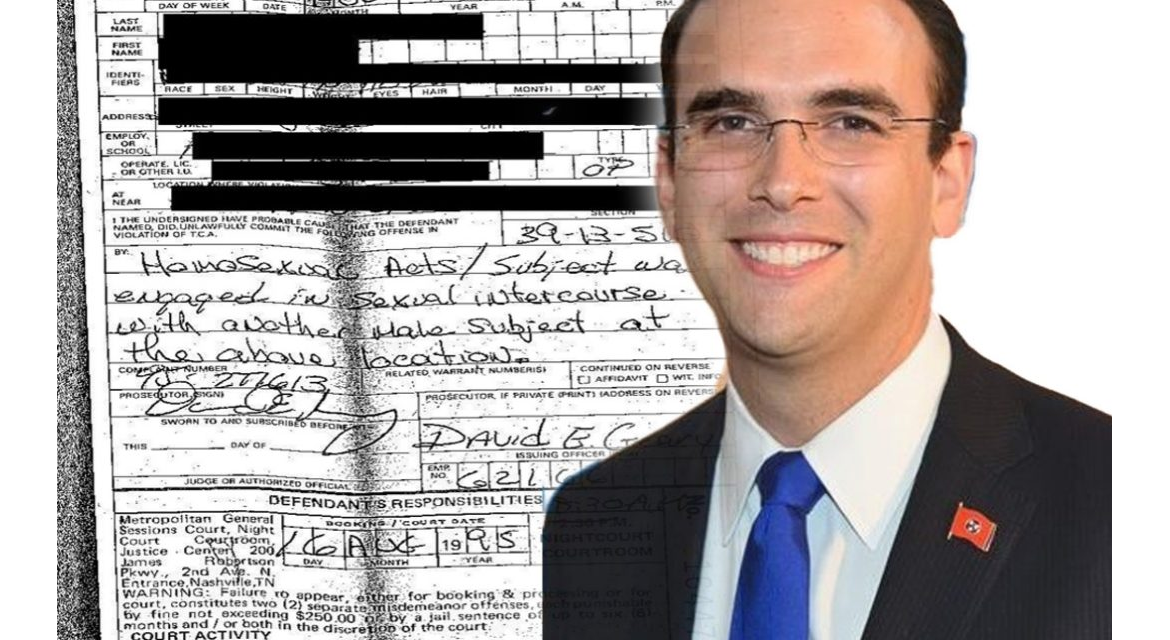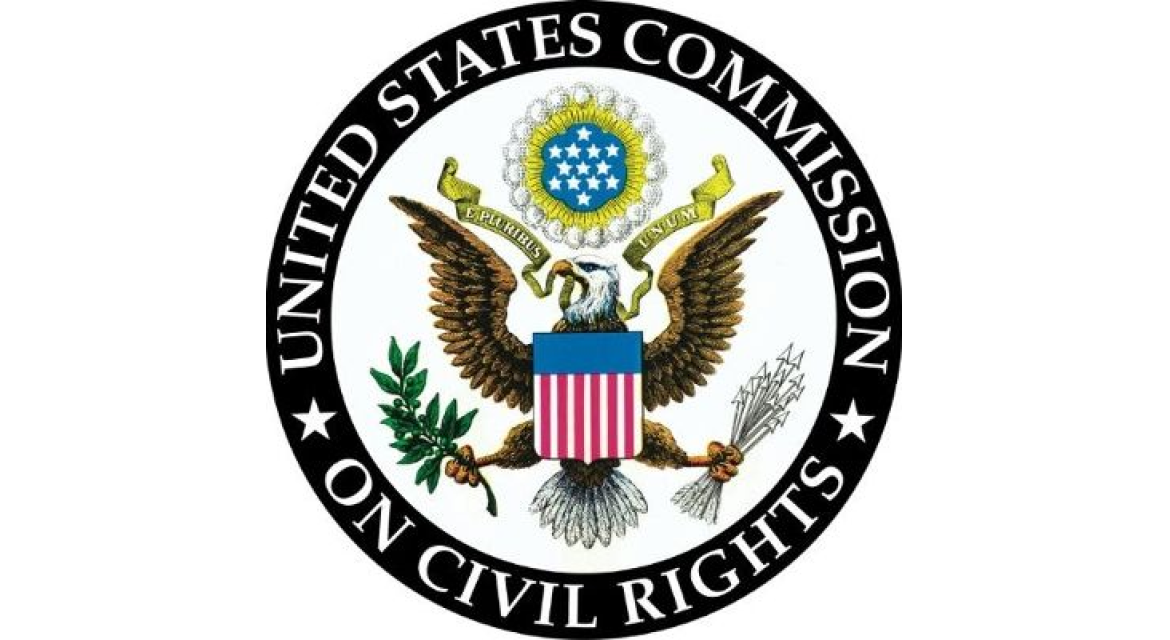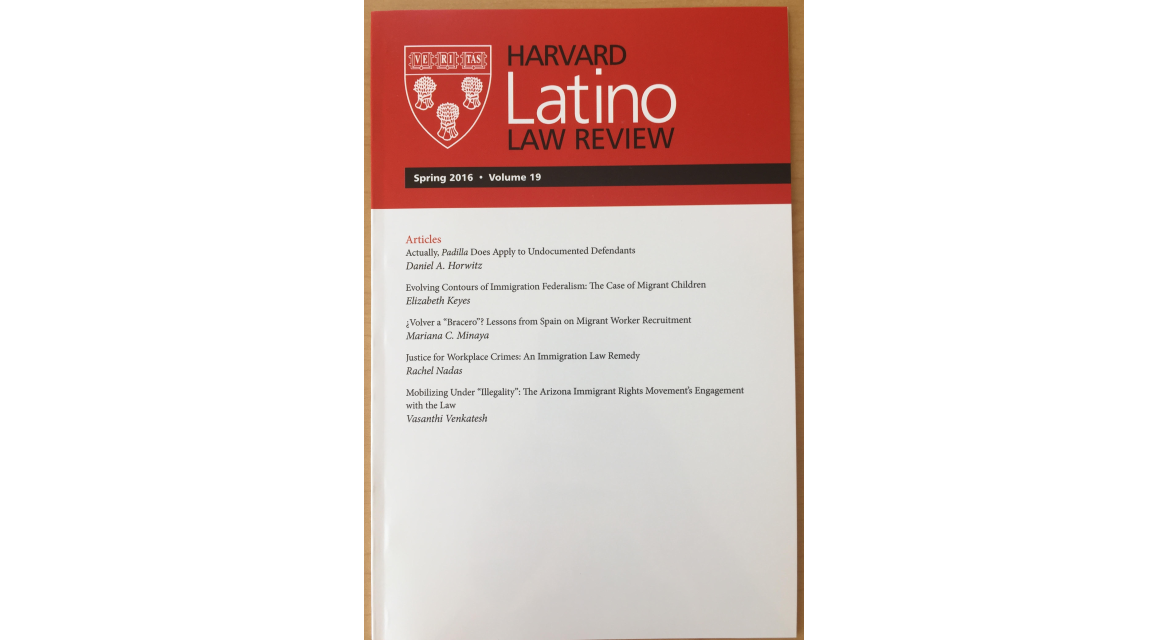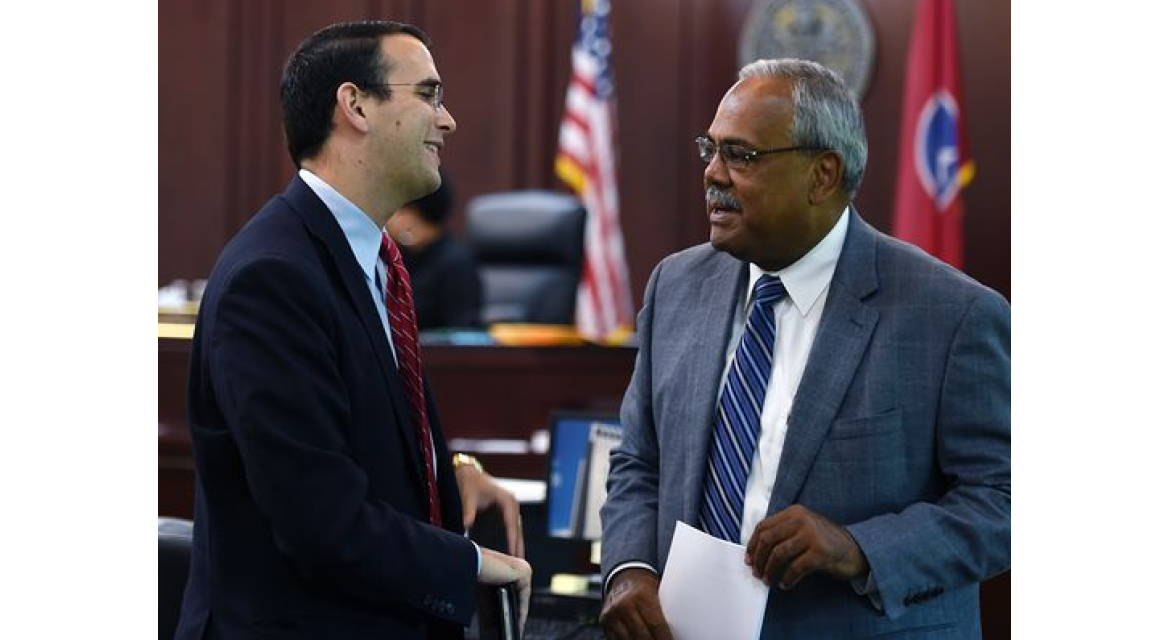Horwitz Successfully Defends Famed Restaurateur Against Defamation Suit; Wins Motion to Dismiss
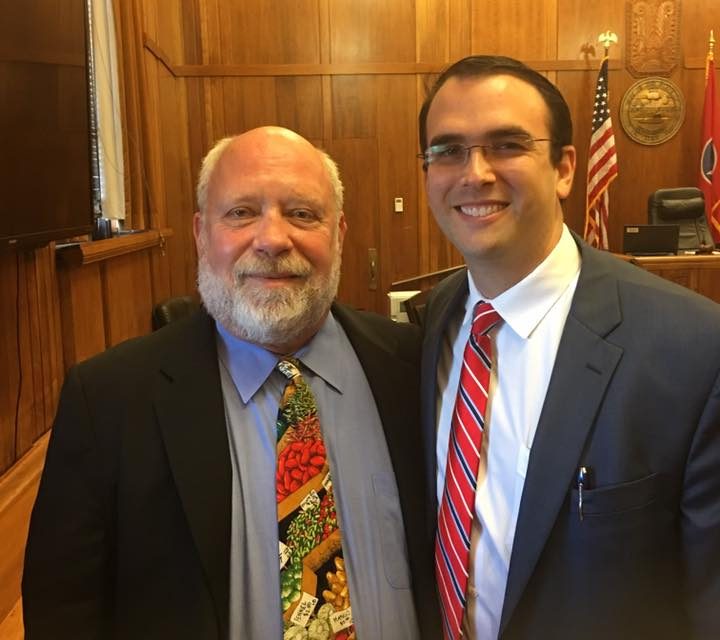
In a resounding win for First Amendment freedom and a free press, the defamation lawsuit filed against beloved Nashville restaurateur Randy Rayburn has been dismissed outright by Davidson County Circuit Court Judge Kelvin Jones. The costs of the lawsuit were also assessed against Plaintiff Tom Loftis, the aggrieved former director of The Randy Rayburn School of Culinary Arts at Nashville State Community College, who had sued Mr. Rayburn for a whopping $1.5 million over a March 2, 2016 Tennessean article that had reported that the program was turning out unqualified students.
The lawsuit, first reported by the Nashville Business Journal, drew national media coverage due in part to its “extraordinarily innocuous subject matter.” According to one media outlet, the lawsuit’s “attempt to fashion a libel lawsuit out of nothing bears far more resemblance to those filed by plaintiffs with fools for lawyers.” The Plaintiff in the case was represented by Nashville attorneys Gary Blackburn and Bryant Kroll.
In his ruling from the bench dismissing the lawsuit against Mr. Rayburn, Judge Jones noted that under Tennessee law, an allegedly defamatory statement must “be read as a person of ordinary intelligence would understand it in light of the surrounding circumstances.” Judge Jones also observed that whether a statement is capable of being understood as defamatory “is a question of law to be determined by the court.” Finding that Mr. Loftis’s Complaint could not satisfy these standards, Judge Jones dismissed Mr. Loftis’s lawsuit with prejudice and assessed him the costs of the litigation.
Said Daniel Horwitz, Mr. Rayburn’s lead counsel: “We are pleased that this baseless lawsuit has come to a quick and much-deserved end. The legal system should not be used to litigate hurt feelings or to deter people from speaking to the media. We are grateful that Judge Jones dismissed this frivolous lawsuit at its first appearance, and we are thrilled that Mr. Rayburn will be able to recommit his full attention to doing what he loves: running wonderful restaurants, serving his community, and feeding delicious food to his grateful patrons.”
Daniel Horwitz is a First Amendment and speech defense lawyer based in Nashville, Tennessee. Selected case documents and media reports about the case are available below. If you would like to purchase a consultation from Horwitz, you can do so using the following form:

Selected Case Documents:
–Plaintiff’s First Amended Complaint
–Defendant’s Motion to Dismiss First Amended Complaint
–Plaintiff’s Response to Motion to Dismiss (1)/Plaintiff’s Response to Motion to Dismiss (2)
–Defendant’s Reply to Plaintiff’s Response
–Transcript of Hearing on Defendant’s Motion to Dismiss
–*Order Dismissing Plaintiff’s Complaint With Prejudice
–Brief of Plaintiff-Appellant Thomas Nathan Loftis, Sr.
–Brief of Defendant-Appellee and Cross-Appellant Randy Rayburn
Selected Media Coverage:
-The Tennessean: Defamation lawsuit against restaurateur Randy Rayburn dismissed — again
-TechDirt: Judge Dumps Stupid Libel Suit Featuring A Man Suing A Third Party For Things A Journalist Said
-Nashville Business Journal: Nashville restaurateur Randy Rayburn faces $1.5 million lawsuit
-TechDirt: Former University Official Files Libel Lawsuit Against His Replacement For Things A Journalist Said
-Nashville Business Journal: Judge dismisses $1.5M suit against well-known restaurateur
-First Amendment Center’s Newseum Institute: Unusual Defamation Suit Targets Source of Story


